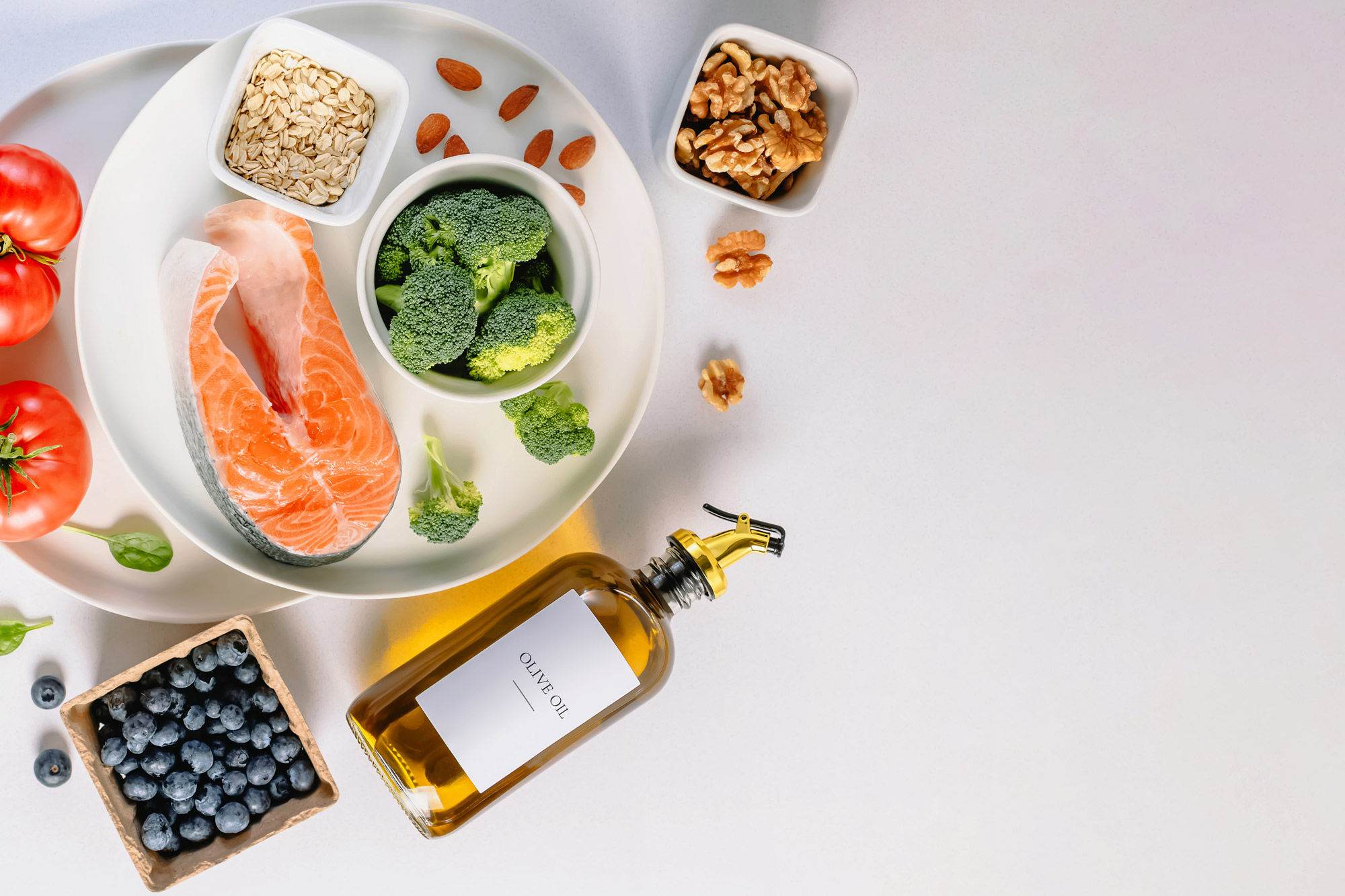Picture this: It’s 6pm, you’re still at your desk finishing the project you “happily” agreed to take on, and that familiar knot in your stomach is telling you this isn’t sustainable. Sound familiar?
We’ve all been there—nodding enthusiastically while internally screaming. Today we’re talking about how something as simple as a language shift can help prevent energy leaks at work, safeguard your well-being, and reduce risk of burnout.
That shift is to stop saying “yes” to everything, and learn how to say “no”, without the guilt.

The disingenuous “Yes”
It’s really common for us as women to want to say “yes” to everything. Taking on extra projects, covering for colleagues, staying late “just this once” repeatedly.
At face value, saying “yes” may seem noble. But beneath the surface—every uneasy “yes” is usually rooted in one of these sneaky beliefs:
- Opportunities are scarce, I can’t afford to turn anything down
- My worth is measured by how much I do
- If I say no, people will be disappointed or think less of me
- If I don’t do it, it won’t be done properly
- I have to prove myself by always being available
Learning how to say “no” at work can be uncomfortable, especially if you’re a recovering people-pleaser (hi, it’s me!). It’s natural to want to be seen as helpful, cooperative and indispensable.
But if there’s a small voice inside that whispers “this feels too much, what about my needs?” then that “yes” is disingenuous, and that comes with a cost.
What’s really happening when we say yes but feel no?
It’s exhausting! You can’t say yes to everyone and everything and do it all well.
If it feels too much and you agree anyway, you’re overriding your body’s boundaries. That little voice that cries “This is too much”? She’s trying to save you. And if we don’t listen to the whispers, our body will shout.
Secondly, it breeds resentment, bitterness, or emotional shutdown because we feel taken advantage of.
And finally, it dilutes your focus, which ultimately impacts productivity. All of the above can set the scene for workplace burnout.
The empowered “No”
Conversely, there is power in a really good “no”—especially when it’s said without guilt attached.
Saying “no” is exerting a boundary. It can actually help you excel in your career–every time you decline a request that doesn’t feel like a full-body “yes,” you’re making space for something that better aligns with your goals and values.
Not only that, it cements your professionalism. It’s better to politely decline than take on too much and have to renegotiate deadlines or let others down later.
Finally, an honest “no” helps prevent energy leaks and reduces the risk of mental and emotional overwhelm.
Flexing your “No” muscle
But it’s not easy to do! So for those of us with “nice girl” or people-pleaser tendencies, a great place to start is by discrediting those limiting beliefs. We can do this with simple reframes:
- Opportunities aren’t rare diamonds! Every “no” clears space for a better “yes”
- Your worth is not something you earn through exhaustion—your worth is a given
- Saying no isn’t rejection—it’s clarity. It teaches others how to value your time and creates trust that when you say yes, you mean it wholeheartedly
- Perfectionism is a trap that keeps you over-functioning. Delegation and trust are leadership skills
- Respect doesn’t come from availability; it comes from authority and boundaries. Saying no strategically communicates strength, confidence, and self-respect
🙅♀️ No is a decision. Yes is a responsibility. Be careful what (and who) you say yes to. It will shape your day, your career, your family, your life. –James Clear.
With a healthier mindset in place, next time saying “yes” feels like a personal breach, take a moment before responding. A polite “no” can be as simple as:
- I’d love to help, but I don’t have the capacity right now, perhaps I can assist at a later date
- Can I get back to you on that?
- Thanks for thinking of me, but this is beyond my skill set/specialty
- I can’t commit to this, but I’d love to support you in another way
- That just doesn’t feel like a good fit for me
Practice makes perfect
Learning to communicate clearly and enforce personal boundaries is a skill, but the more you practice, the easier it becomes, and the better you’ll feel.
So start small, be kind to yourself as you practice, and remember—every strategic “no” is a vote for the life you actually want to live. 🤗
Lauren.
PS: If you’ve left your “nice girl” era behind but are still struggling with your energy, moods and mental clarity, you know where to find me.






Comments +